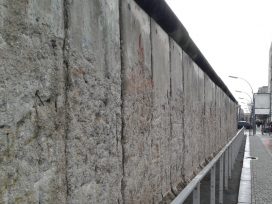The new ecology of war
An interview with Mike Davis
“Global epidemics and global terrorism are two problems that principally emanated from the slums. When one talks about ‘failed states’ one often means ‘failed cities’, such as Gaza, Sadr City or the slums of Port-au-Prince.” Urban theorist Mike Davis talks in interview about the evolution of the neoliberal city.
